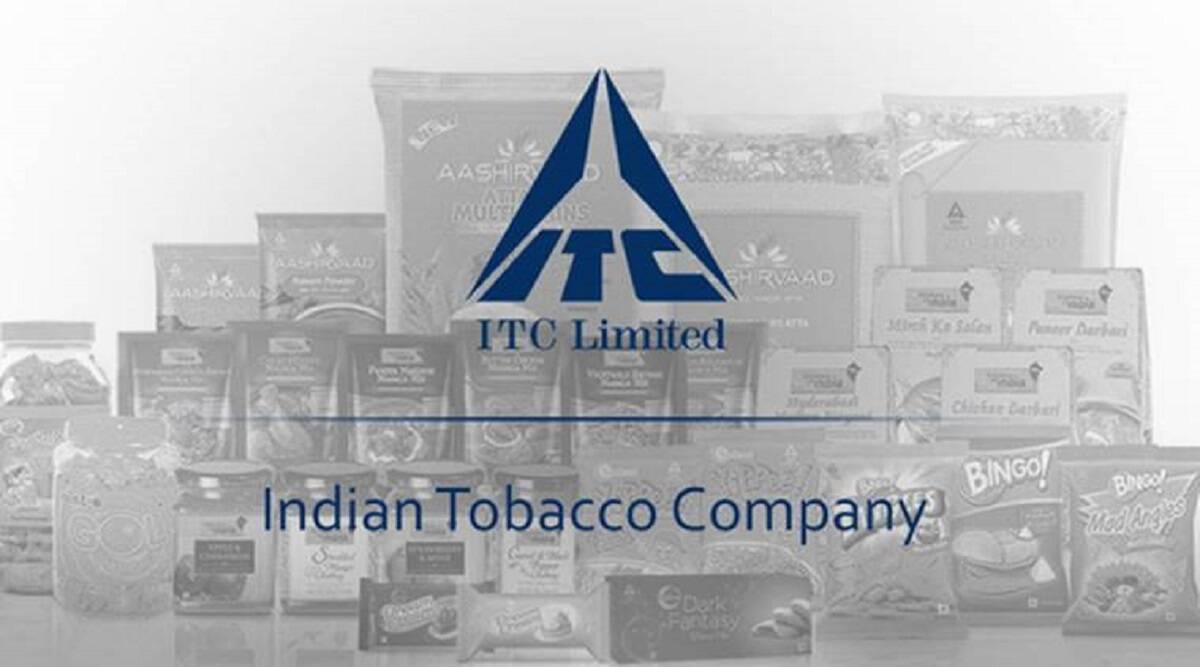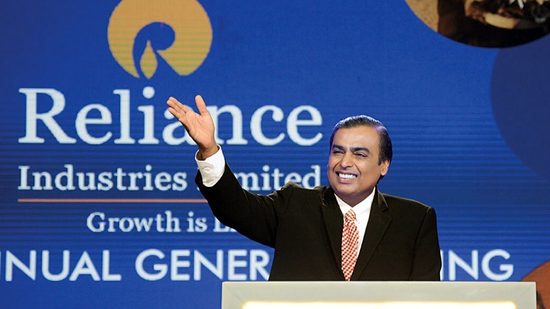
Introduction
In a strategic move that has reverberated across financial markets, British American Tobacco (BAT) recently divested a significant portion of its stake in Indian Tobacco Company (ITC). This transaction, valued at Rs 17.5k crore, marks a pivotal moment in the global tobacco industry landscape.
BAT’s Divestment Strategy
Background
BAT’s decision to sell a 3.5% stake in ITC reflects its broader strategic realignment efforts. As a multinational conglomerate operating in the tobacco and consumer goods sectors. BAT is constantly evaluating its investment portfolio to optimize returns and mitigate risks.
Rationale
The divestment of the ITC stake aligns with BAT’s objective of streamlining its operations and focusing on core business areas with the highest growth potential. By unlocking value from its investment in ITC, BAT can redeploy capital towards initiatives that drive long-term shareholder value.
Implications for ITC
Market Reaction
The news of BAT’s stake sale has triggered a bullish sentiment among investors, leading to a 6% surge in ITC’s stock price. This surge underscores the market’s confidence in ITC’s growth prospects and resilience in the face of evolving regulatory landscapes.
Strategic Opportunities
With BAT reducing its stake in ITC, the Indian tobacco giant gains greater autonomy and flexibility to pursue strategic initiatives independently. This newfound freedom may enable ITC to explore new markets, invest in innovation, and pursue strategic partnerships that enhance its competitive position.
Impact on Stakeholders
Shareholders
For shareholders of both BAT and ITC, the transaction represents a significant value realization opportunity. The divestment allows BAT shareholders to unlock value from their investment in ITC, while ITC shareholders benefit from increased liquidity and potential capital appreciation.
Regulatory Environment
The divestment may also have implications for regulatory scrutiny in both domestic and international markets. As tobacco companies navigate an increasingly complex regulatory landscape, the restructuring of ownership stakes could impact regulatory.
Conclusion
BAT decision to sell a 3.5% stake in ITC for Rs 17.5k crore has far-reaching implications for both companies and the broader tobacco industry. By strategically realigning its investment portfolio, BAT aims to optimize shareholder value. As ITC gains greater autonomy, stakeholders are optimistic about the company’s ability to capitalize on new opportunities.







